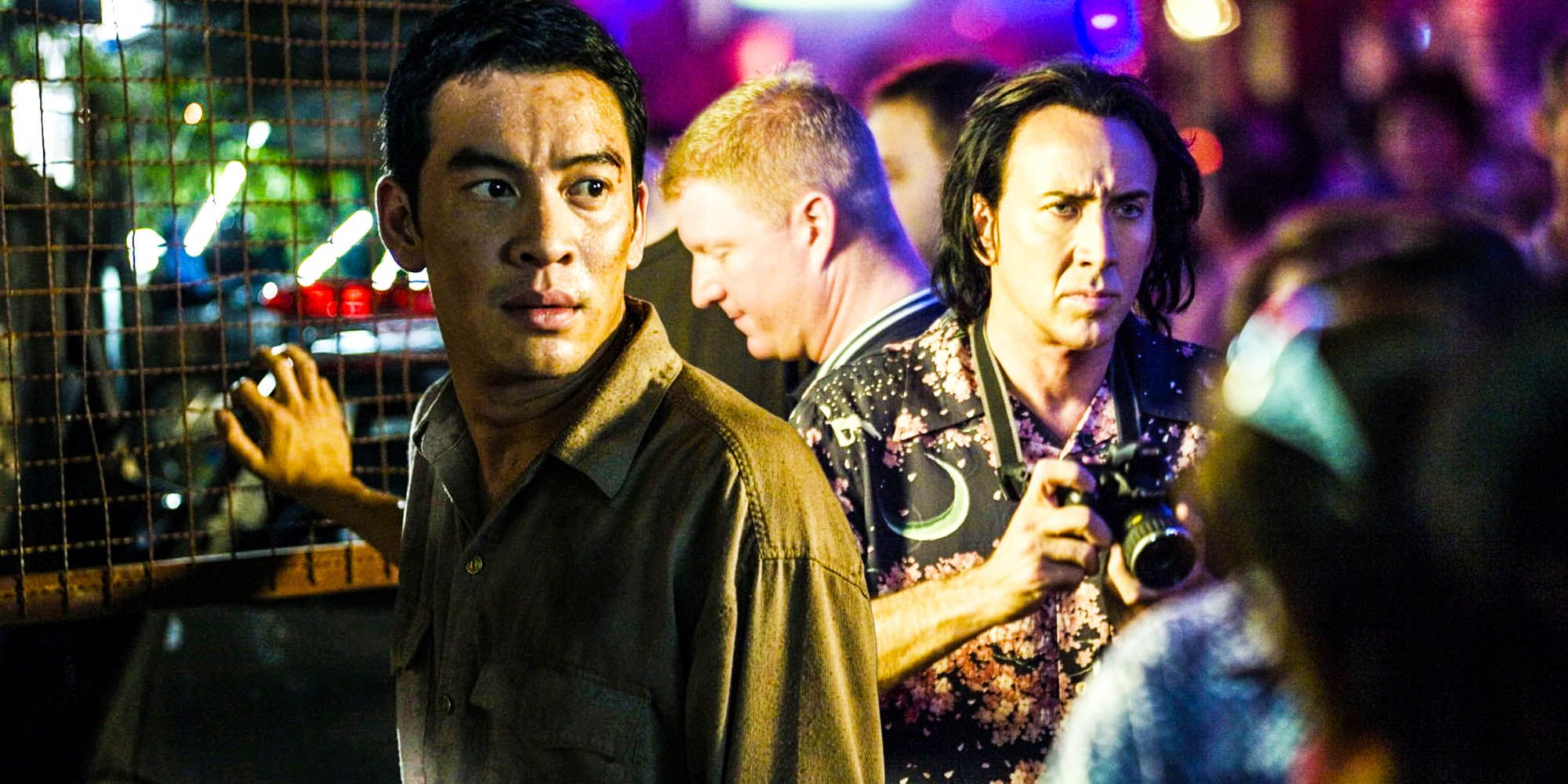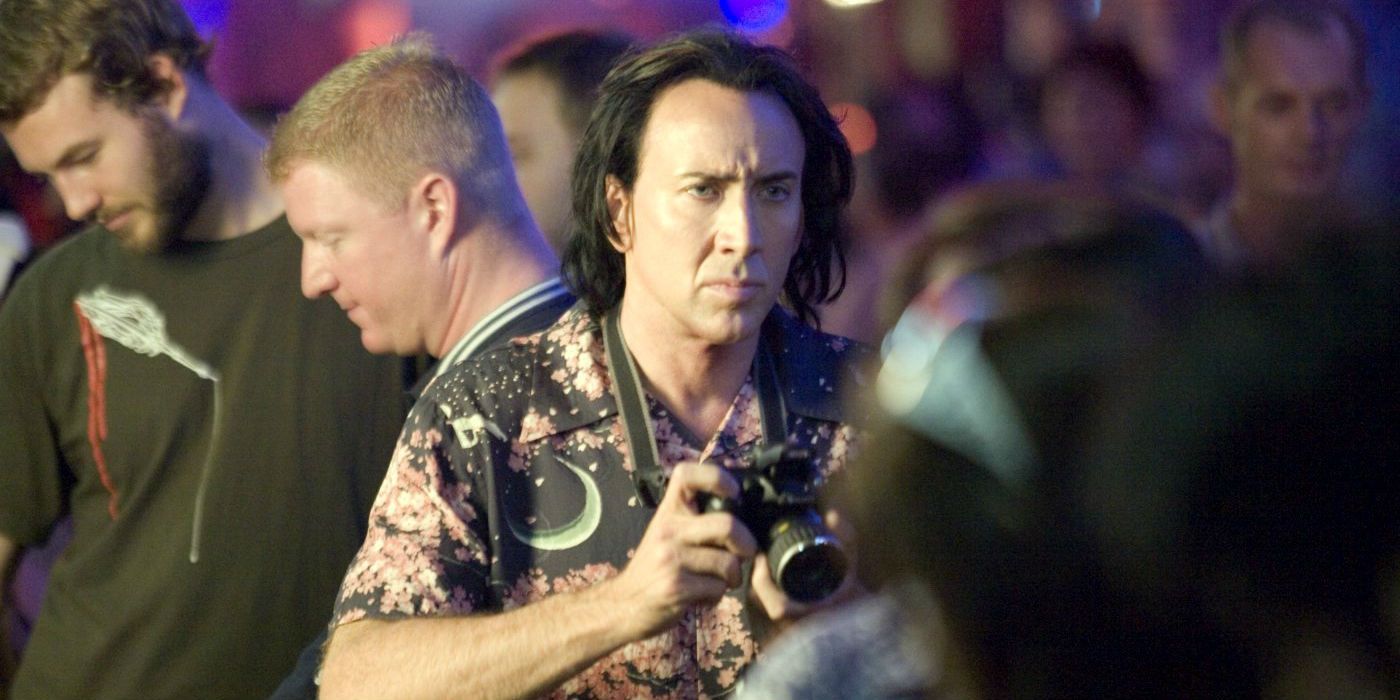Nicolas Cage's 2008 action-thriller Bangkok Dangerous comes with an alternate ending that completely changes the film's tone. Bangkok Dangerous follows Cage's Joe, an international assassin who lives by a simple code with four simple rules that enable him to work effectively and keep himself out of trouble: (1) never socialize outside work, (2) stay secluded to quiet locations, (3) never interact with handlers, and (4) always leave on time without a trace. However, in Bangkok for his final job, Joe faces the biggest challenge of his career: he falls in love and befriends a local man, both of which jeopardize his mission and his personal code.
It might not reinvent the wheel, but it's a coherent enough story: a killer with no conscience suddenly grows one at the eleventh hour. Yet, unknown to many who saw the original, Bangkok Dangerous also has an alternate ending that would have entirely changed the film's message. Some alternate endings ruin entire movies, but some go as far as to transform the context for everything that happened before, as is the case with Bangkok Dangerous.
The film's original ending sees Cage's Joe die as a result of breaking his own rules. The assassin stayed too long, cared too much, and died taking out his own employer in order to save his protegé, Kong. However, the alternate ending sees Kong rescue Joe from the police at the last minute, which essentially flips the entire film on its head.
The alternate "happy" ending, where Joe doesn't die arm-in-arm with a renowned criminal kingpin, actually proves that Joe was wrong all along and that his rules were actually holding him back. Kong saving him works as a redemption arc for Joe, giving him a happy ending that he didn't deserve. It also makes Kong more of a hero, as opposed to the helpless bystander he is in the original ending. This shifts the focus from Joe to his student.
The ending that sees Joe survive is a little more satisfying on the surface, but, in reality, it actually makes far less sense. Joe has survived as a career assassin by closely following his rules, as unpleasant as they may be. Disregarding these rules on his final job indicates that he's trying to find himself outside of his criminal activity, and his death essentially proves the old adage: "crime doesn't pay." Joe paying the ultimate price for a lifetime of leaving bodies in his wake is a far more logical conclusion than the alternate ending.
This is the most likely reason the alternate ending wasn't used, as it derails Joe's entire arc. Joe was cold and alone, and he warmed to the people around him on his final job. While it's not far-fetched that those relationships could have saved his life, the alternate ending would allow the character to get away from a lifetime of murder without consequence, which isn't a great line to cross, ethically speaking. Still, Bangkok Dangerous wasn't ever a film that went out of its way to promote realism or moral conscience. Perhaps the alternate happier ending would have been preferable. If nothing else, it was certainly far less abrupt than the original.


